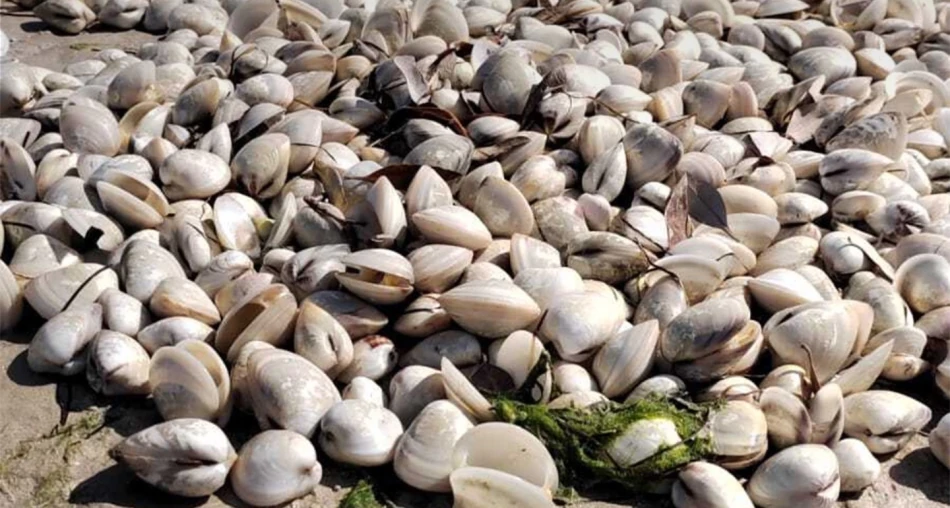
Abu Dhabi Environment Authority Fines Illegal Oyster Harvesting in Protected Natural Reserve
Abu Dhabi Cracks Down on Illegal Oyster Harvesting as Marine Conservation Takes Center Stage
Abu Dhabi authorities have intercepted illegal oyster collectors operating without permits in protected marine reserves, highlighting the emirate's increasingly aggressive stance on biodiversity protection. The joint operation between the Environment Authority – Abu Dhabi and Abu Dhabi Police underscores how Gulf states are prioritizing marine ecosystem preservation amid growing environmental pressures from coastal development and climate change.
Steep Penalties Reflect Serious Conservation Intent
The violation carries severe consequences under Federal Law No. 23 of 1999, with penalties including imprisonment of at least six months and fines ranging from 50,000 to 100,000 dirhams ($13,600 to $27,200). Authorities also confiscate all equipment used in the illegal harvesting operations.
These substantial penalties signal that the UAE views marine conservation violations as serious criminal offenses rather than minor regulatory infractions. The financial penalties alone represent significant deterrents for individual violators, while the mandatory equipment confiscation ensures immediate operational disruption.
Strategic Marine Protection in a Developing Region
Abu Dhabi's enforcement action reflects broader regional trends toward stricter environmental governance. The emirate has designated extensive marine protected areas along its coastline, recognizing that healthy marine ecosystems are essential for long-term economic sustainability in a region heavily dependent on coastal tourism and fisheries.
Balancing Development and Conservation
The crackdown comes as Abu Dhabi continues massive coastal development projects, from luxury resorts to artificial islands. This enforcement demonstrates the government's attempt to maintain ecological balance while pursuing economic diversification beyond oil revenues.
Marine reserves serve as critical breeding grounds for commercially important species, making their protection economically rational beyond environmental considerations. Oyster populations, in particular, play vital roles in water filtration and reef ecosystem health.
Regional Context and Global Trends
Abu Dhabi's approach mirrors conservation strategies adopted by other Gulf states facing similar environmental pressures. Qatar has implemented comparable marine protection measures ahead of its tourism expansion plans, while Saudi Arabia's NEOM project incorporates extensive marine conservation commitments.
The UAE's marine protection efforts also align with international trends toward "blue economy" development, where sustainable marine resource management becomes a cornerstone of economic policy. Countries like Australia and New Zealand have demonstrated that strict marine conservation can coexist with thriving coastal economies.
Implications for Future Enforcement
This operation likely represents the beginning of more intensive marine conservation enforcement rather than an isolated incident. The joint police-environment authority collaboration suggests institutional commitment to regular monitoring and prosecution of violations.
The emphasis on protecting marine biodiversity "for future generations" indicates long-term policy thinking that prioritizes ecosystem sustainability over short-term economic gains from unregulated harvesting. This approach positions Abu Dhabi as a regional leader in environmental governance, potentially influencing conservation policies across the Gulf.
Most Viewed News

 Sara Khaled
Sara Khaled






